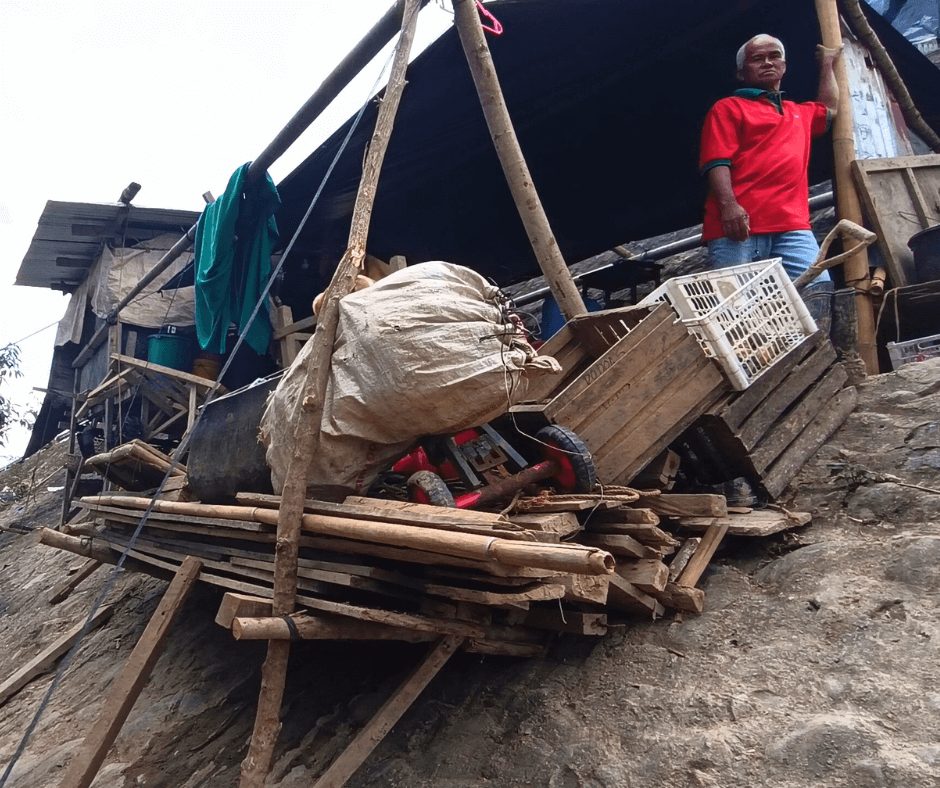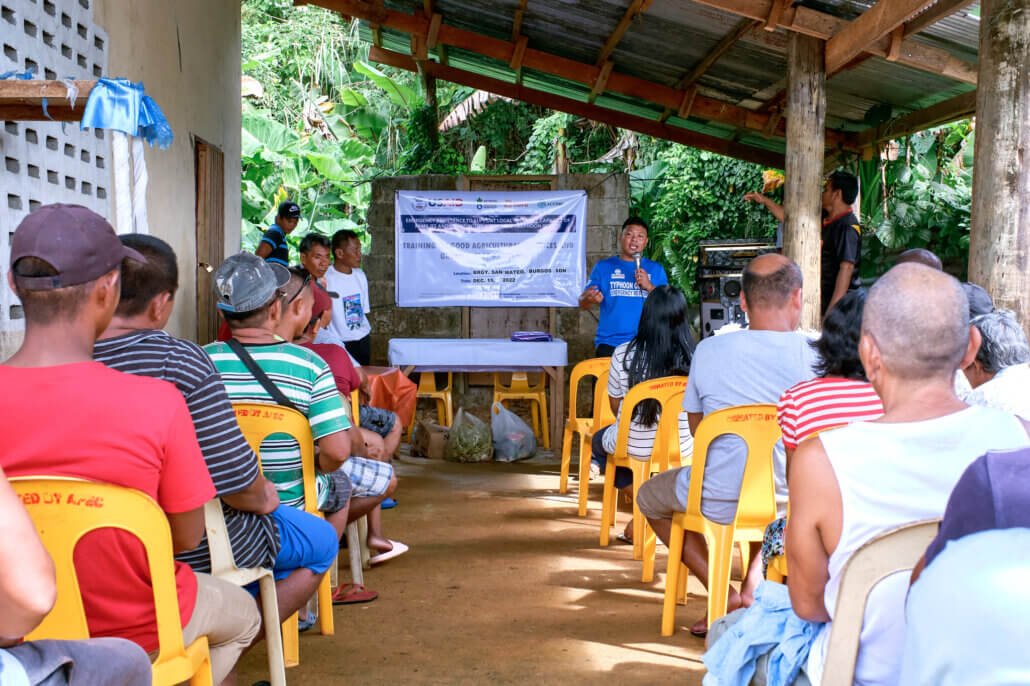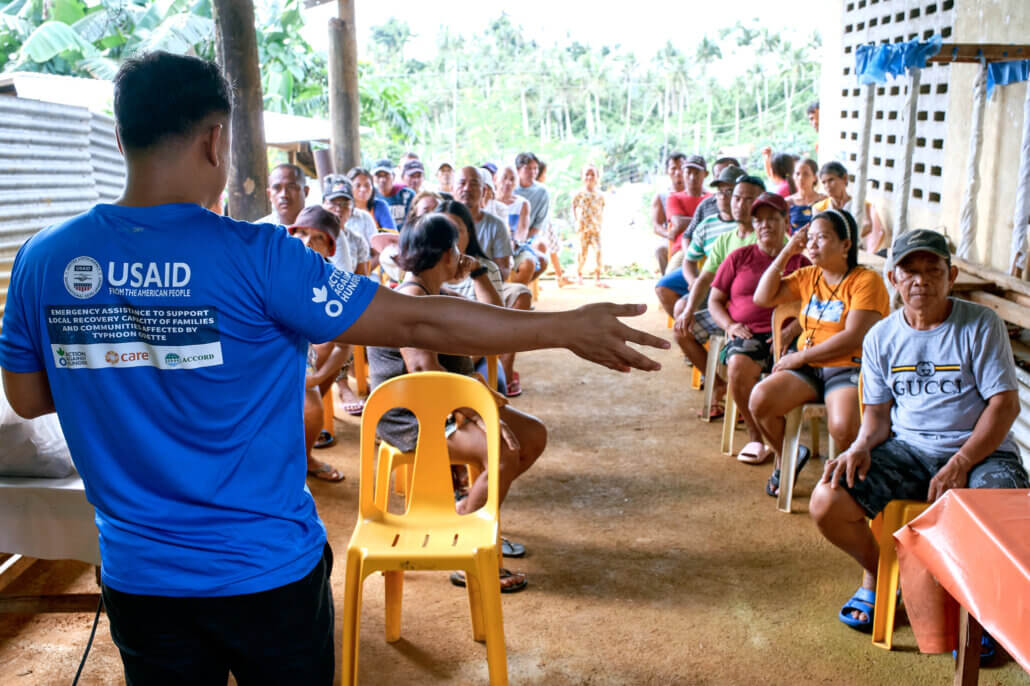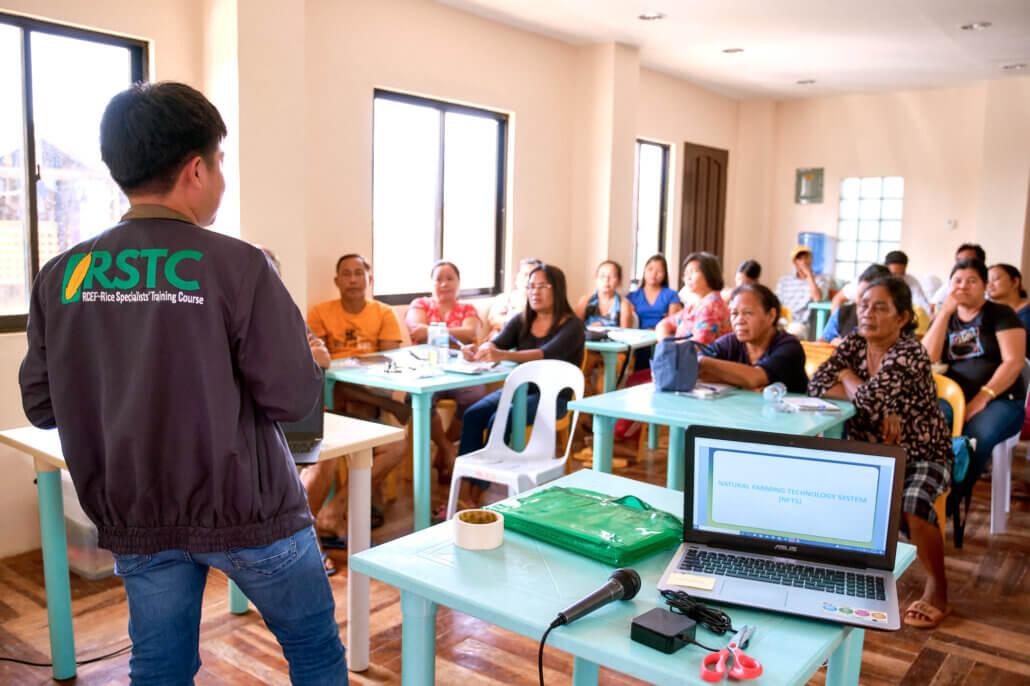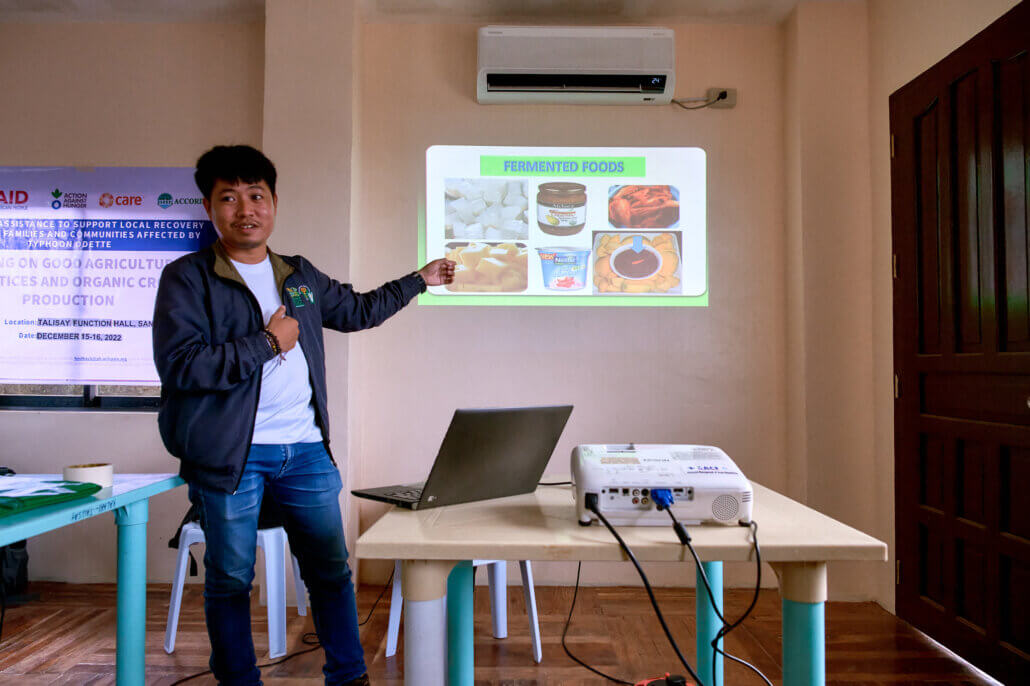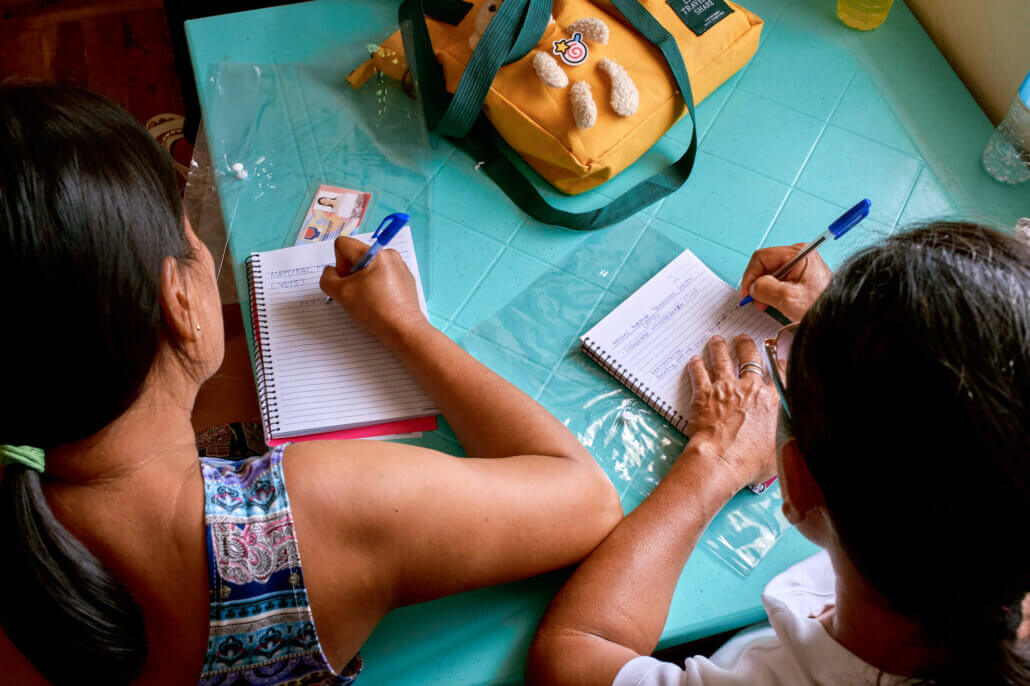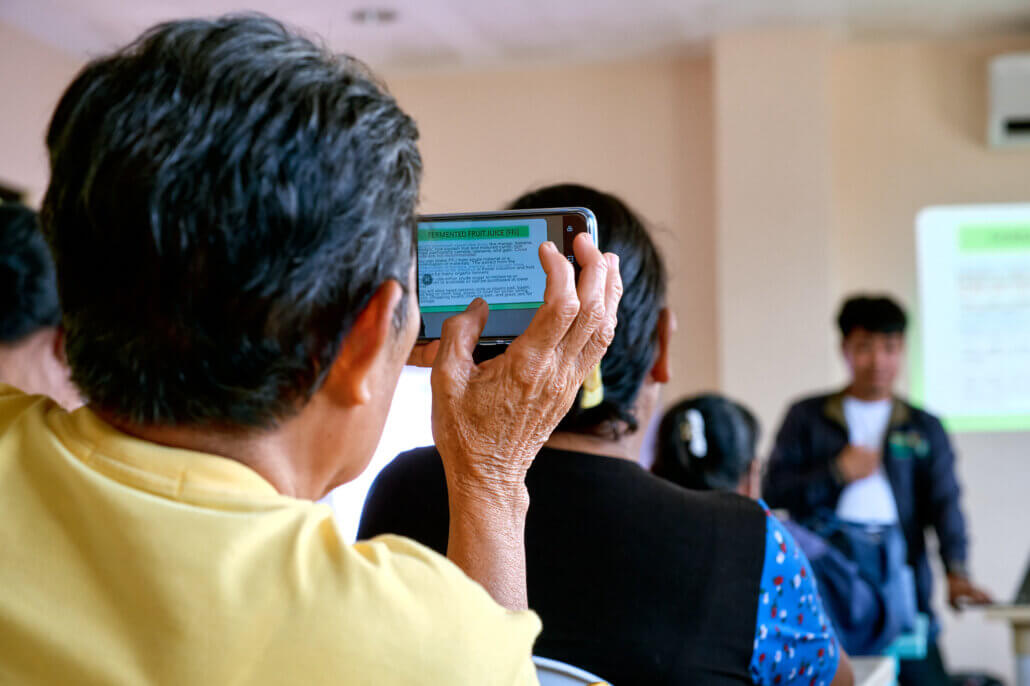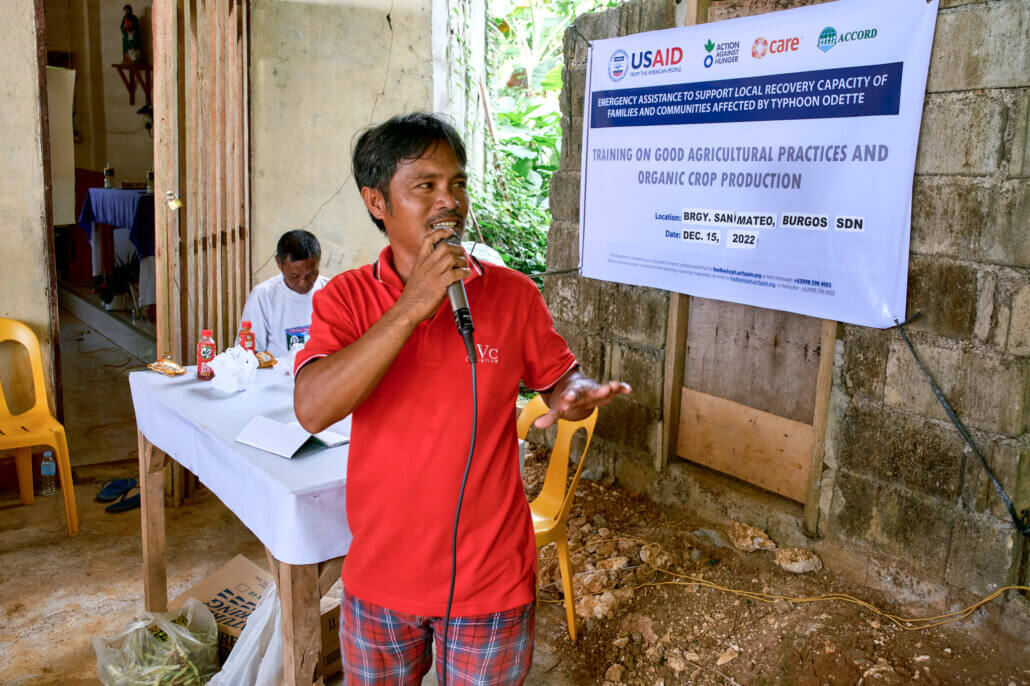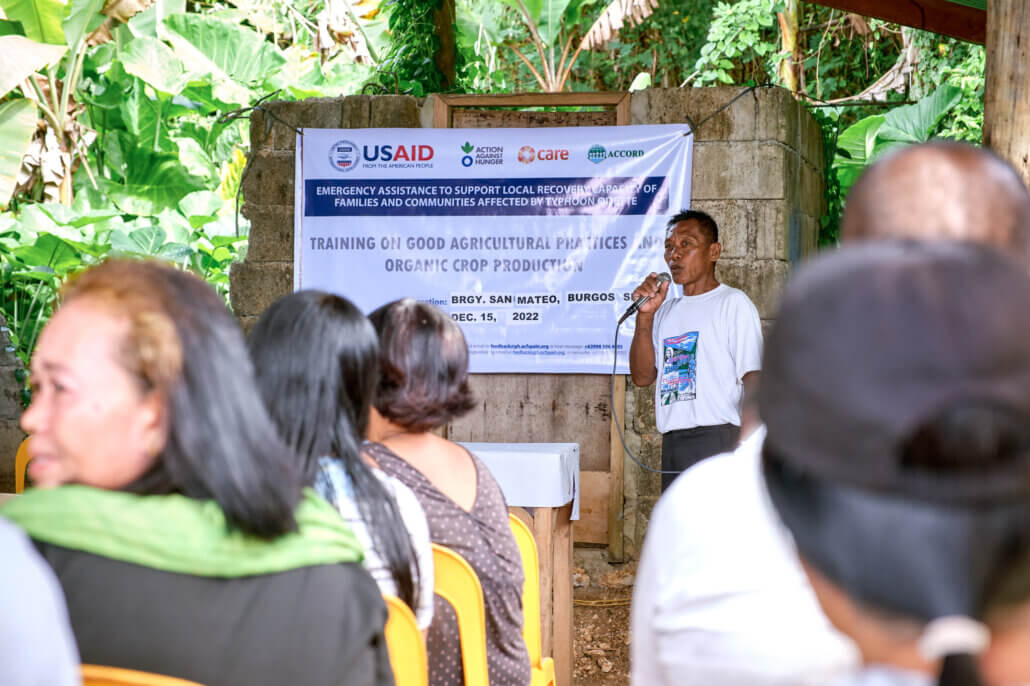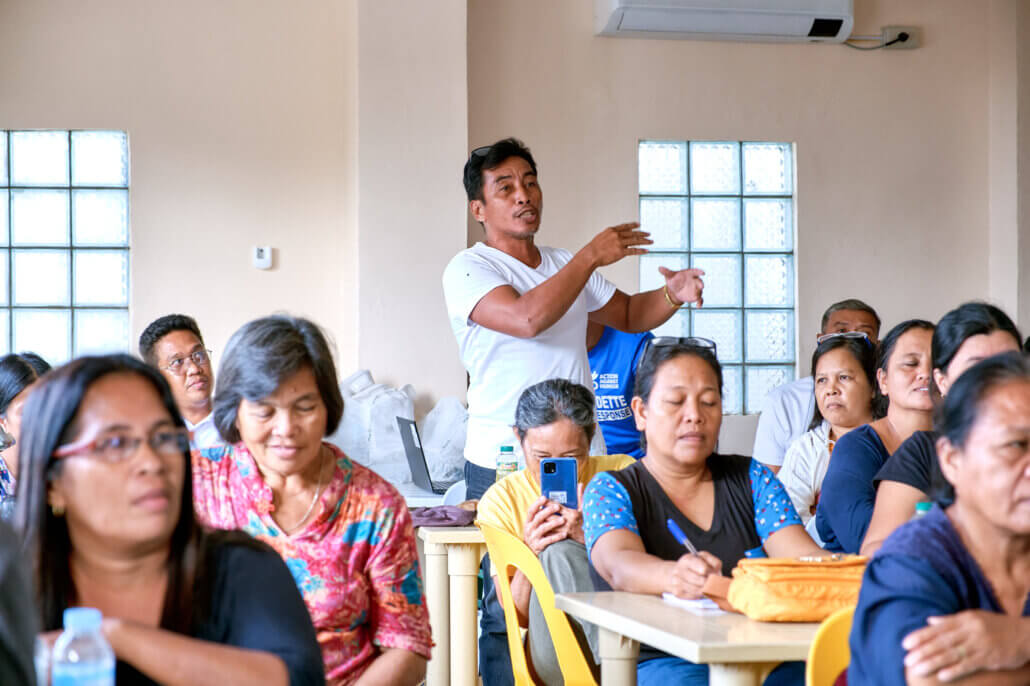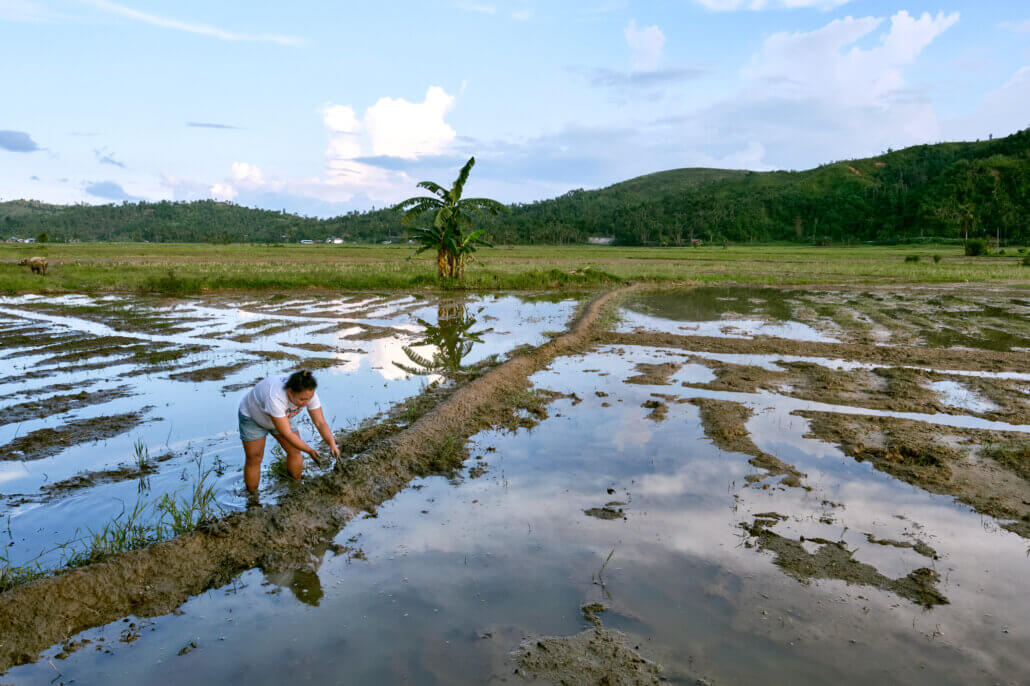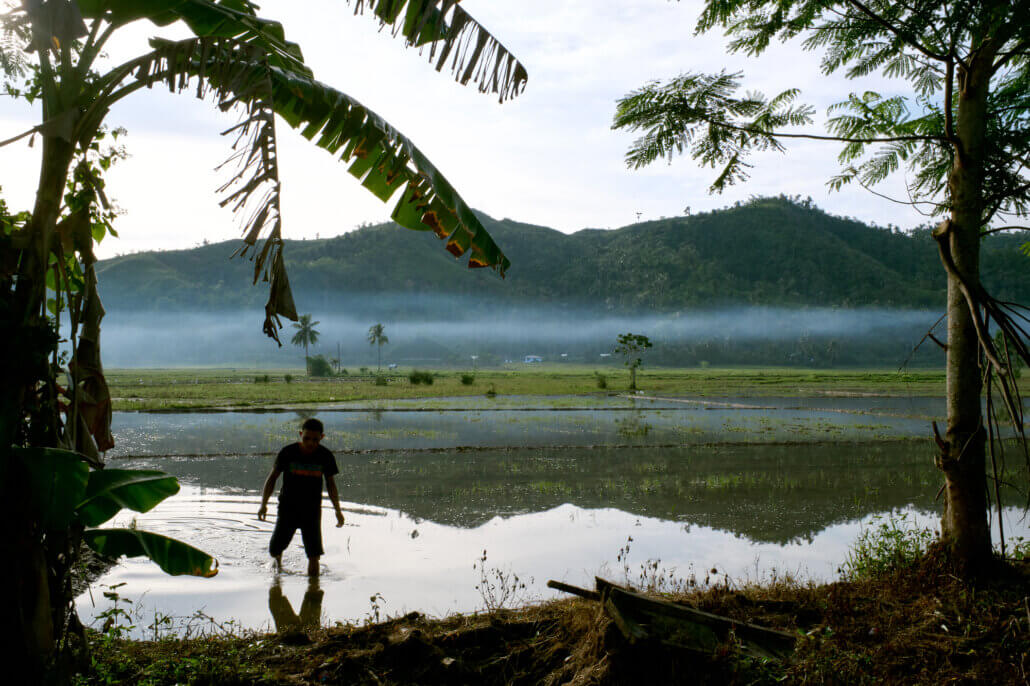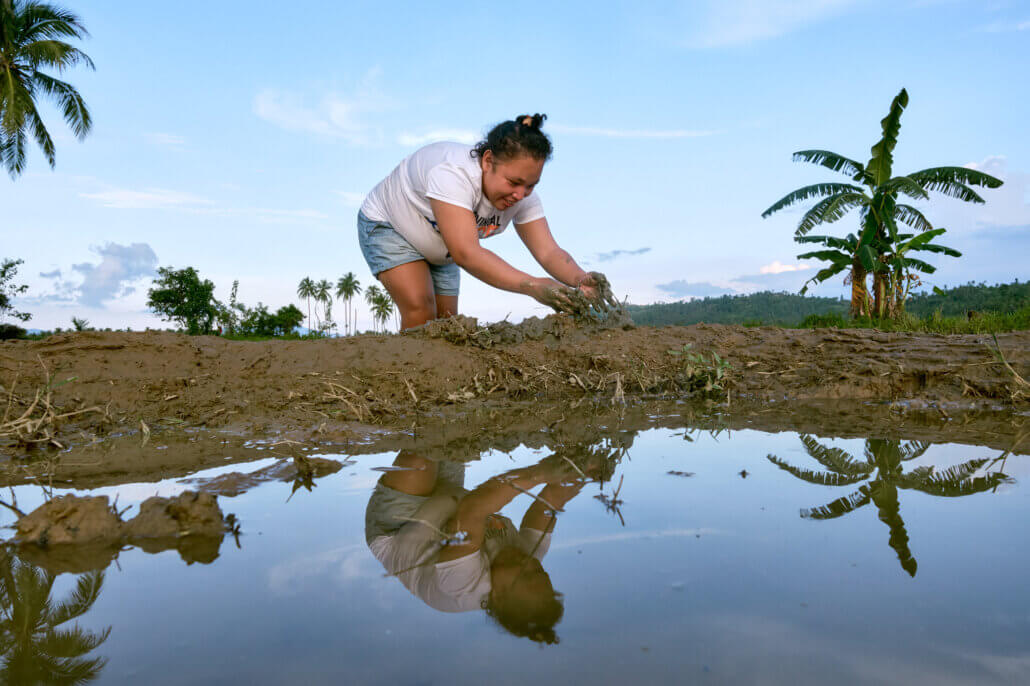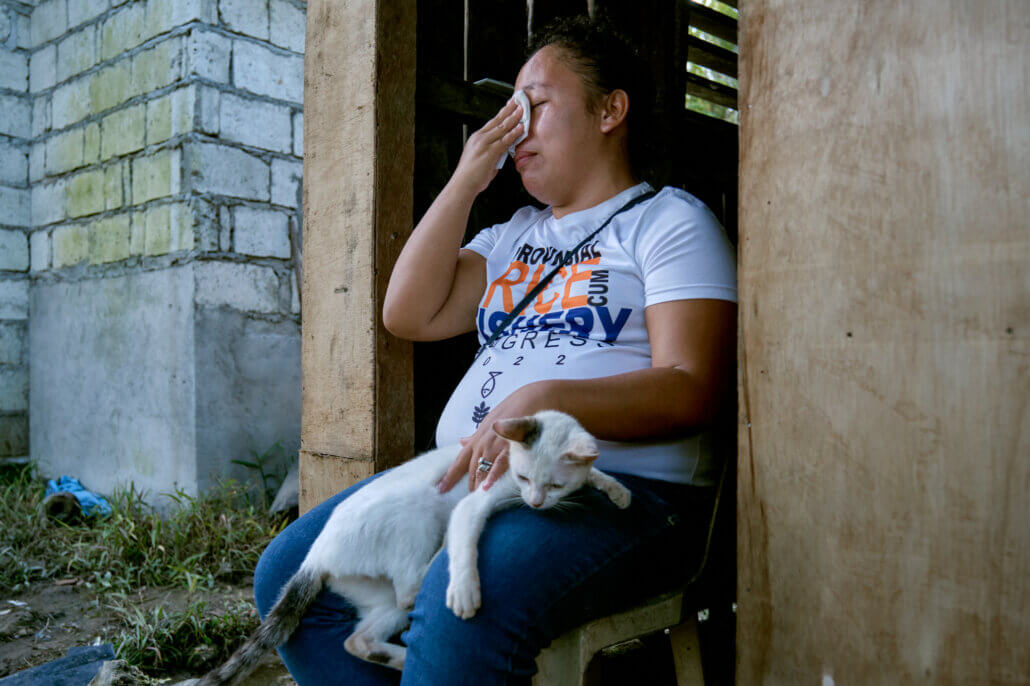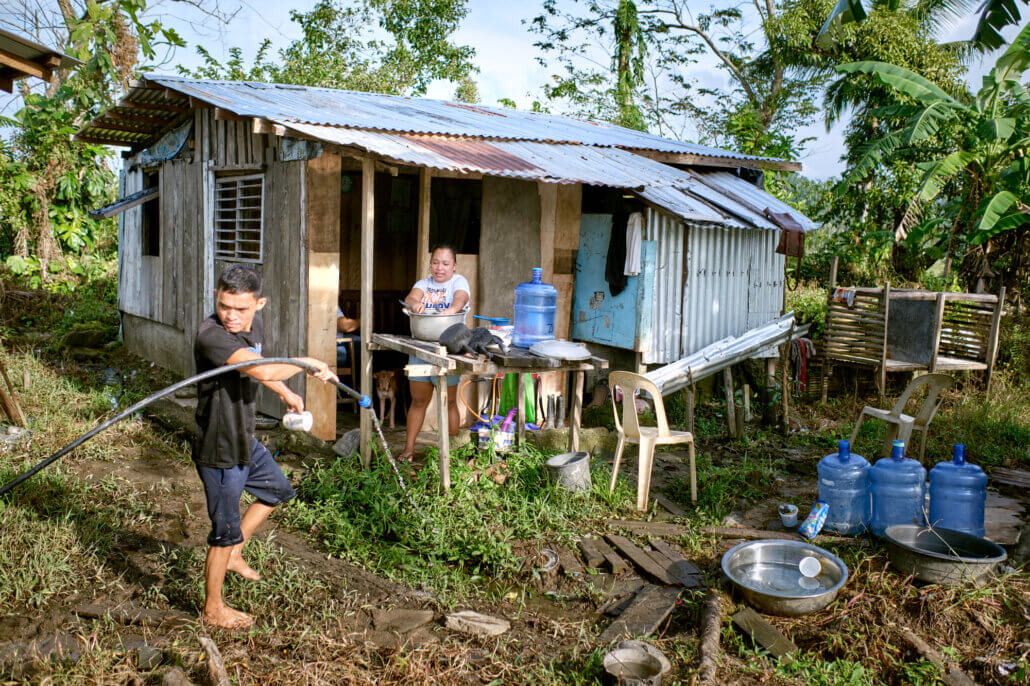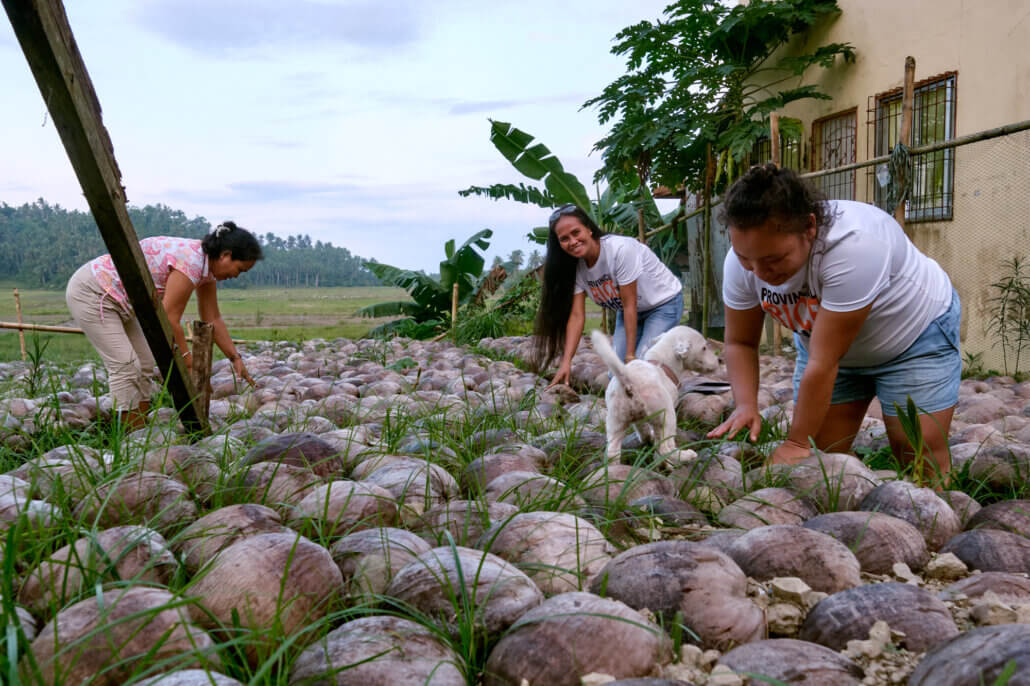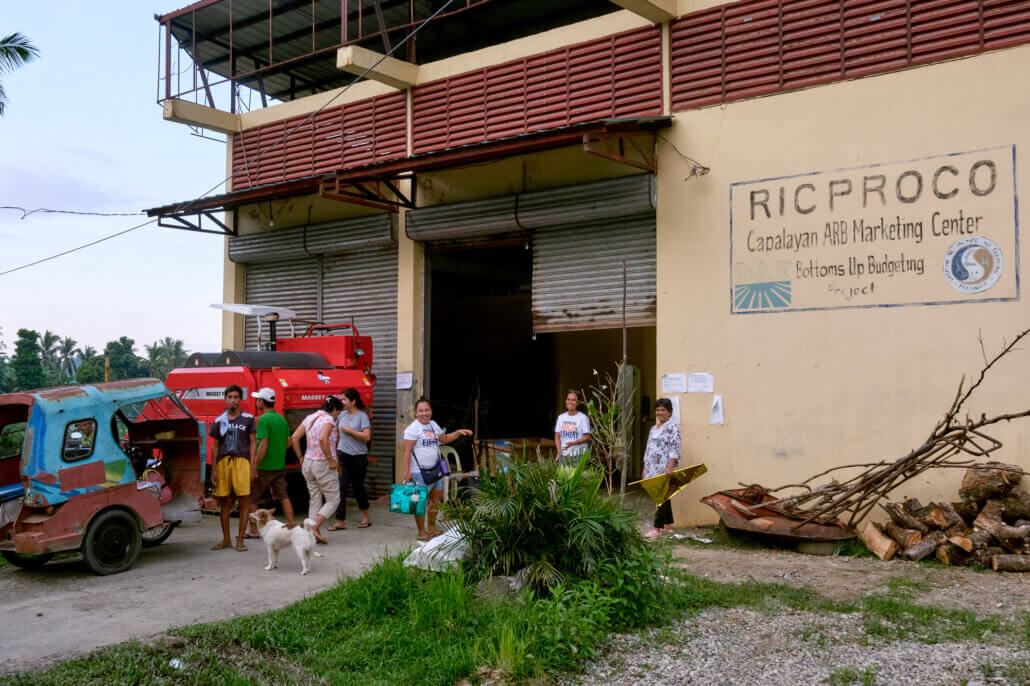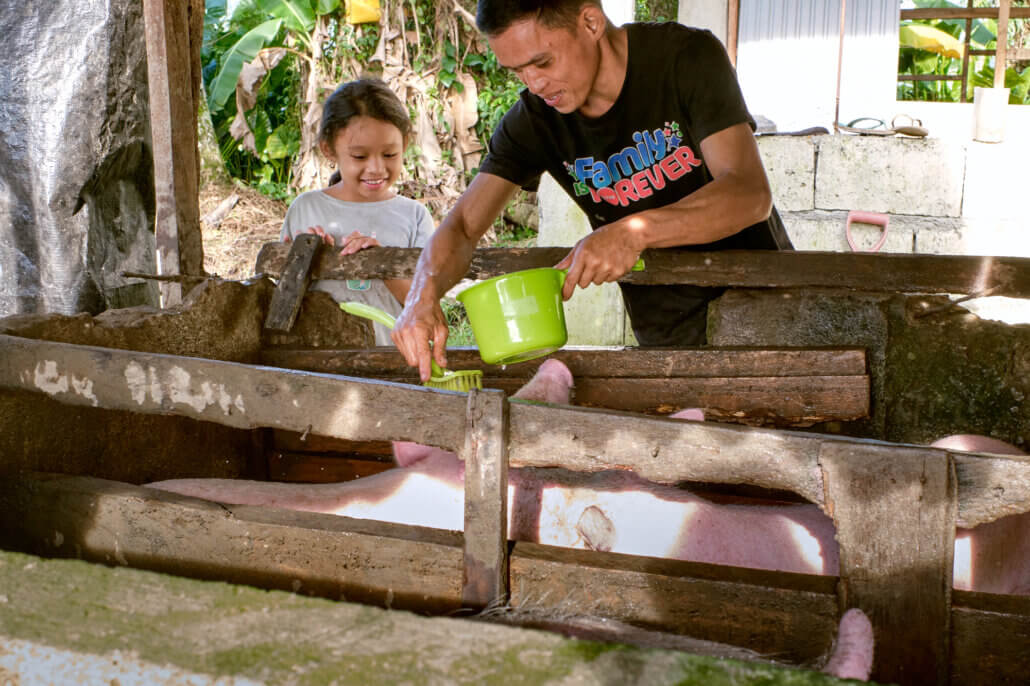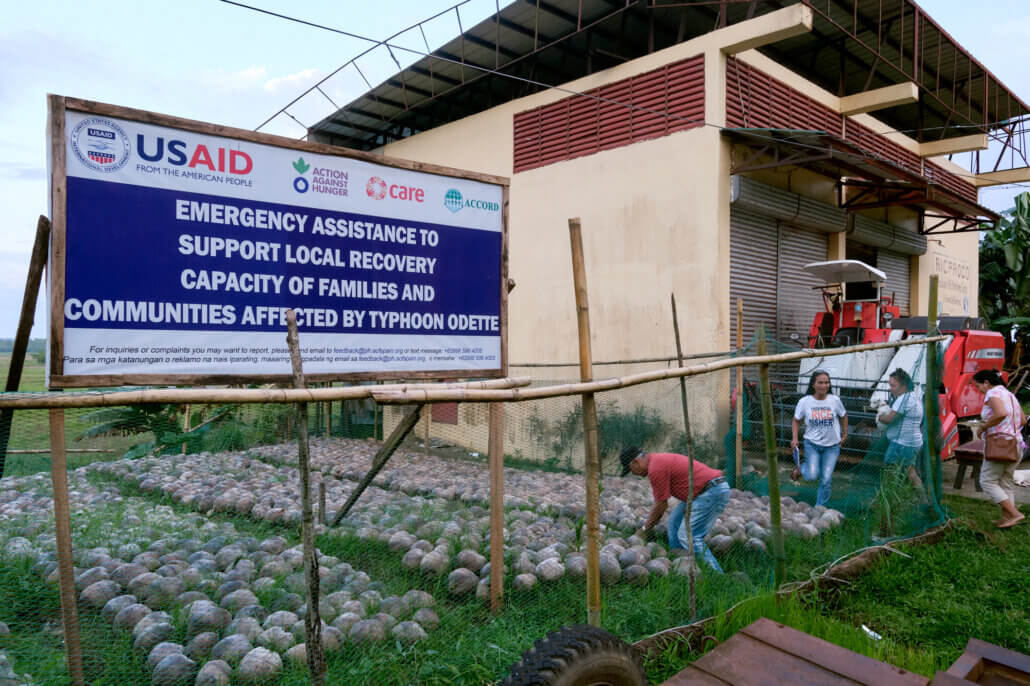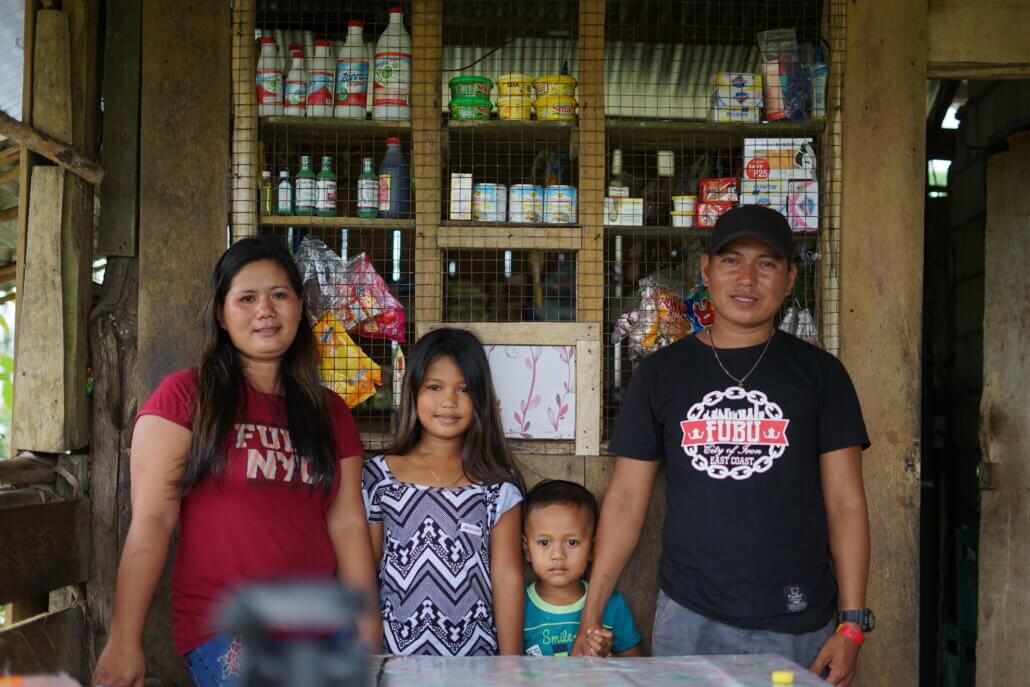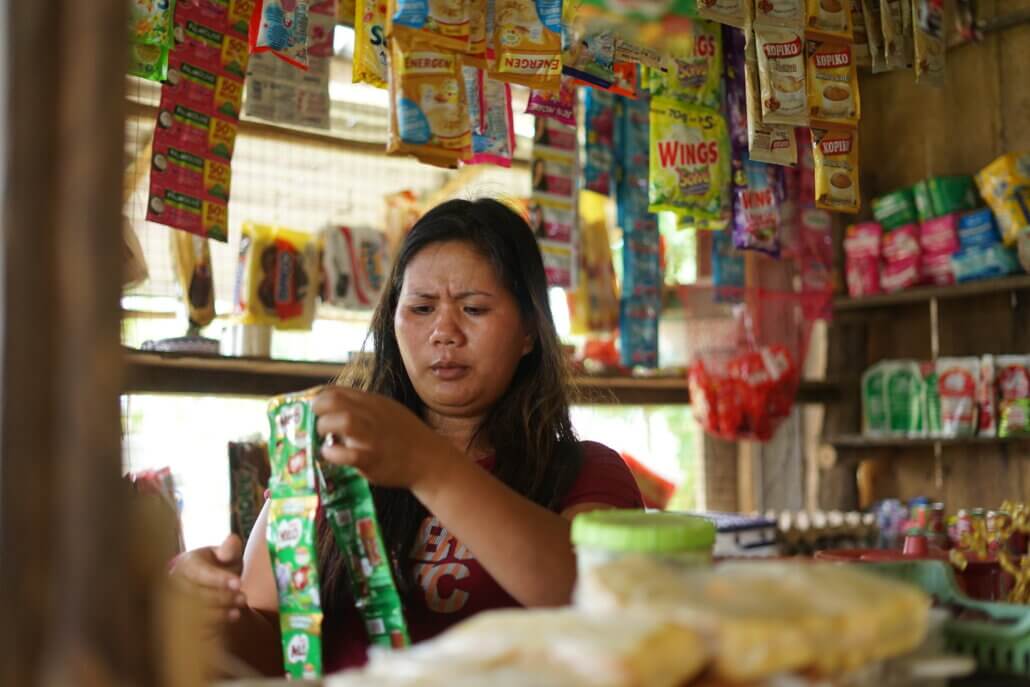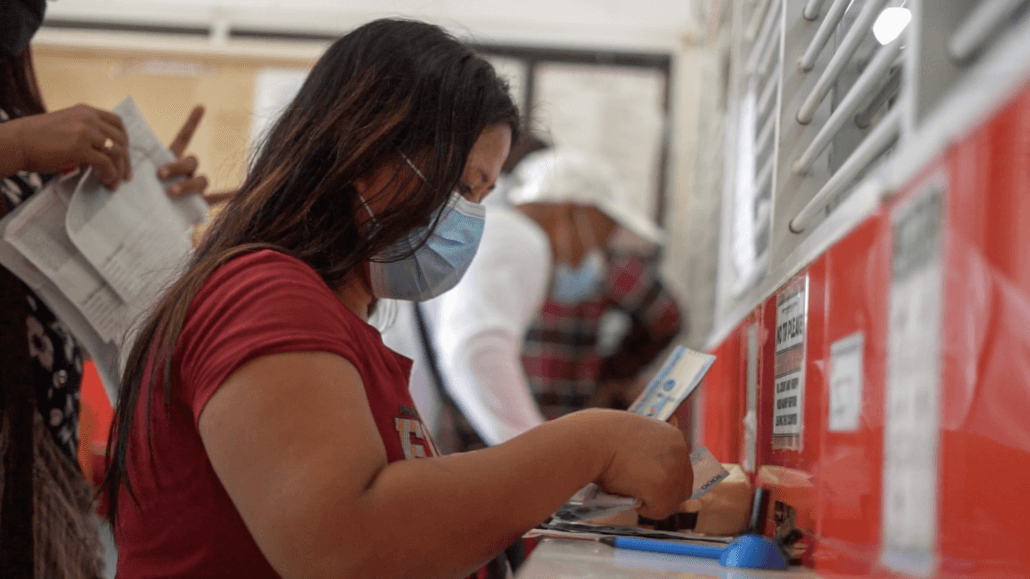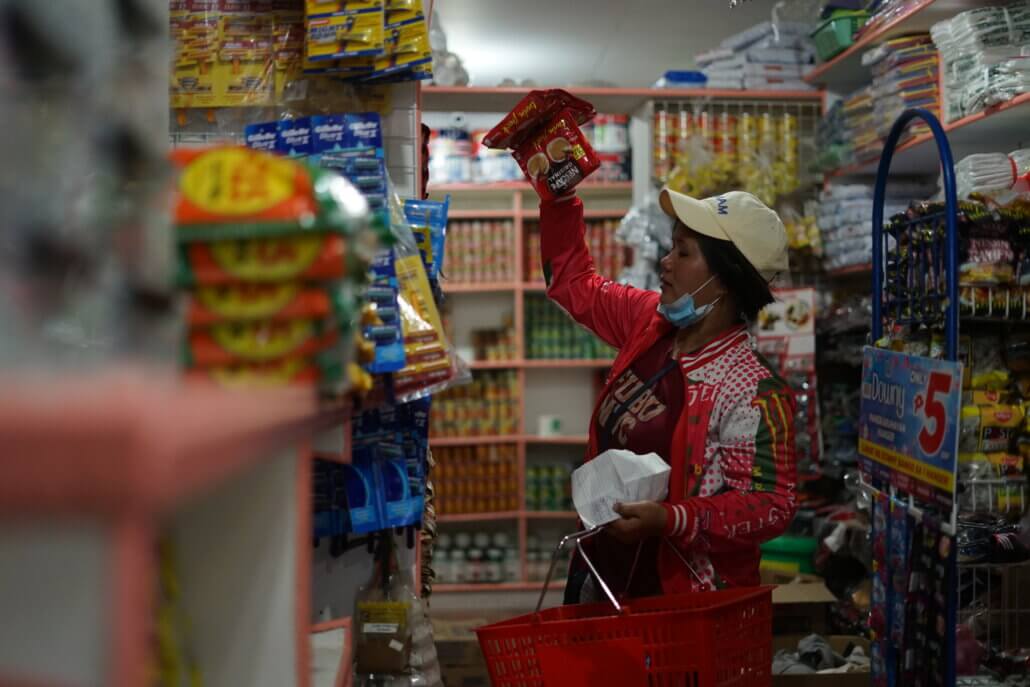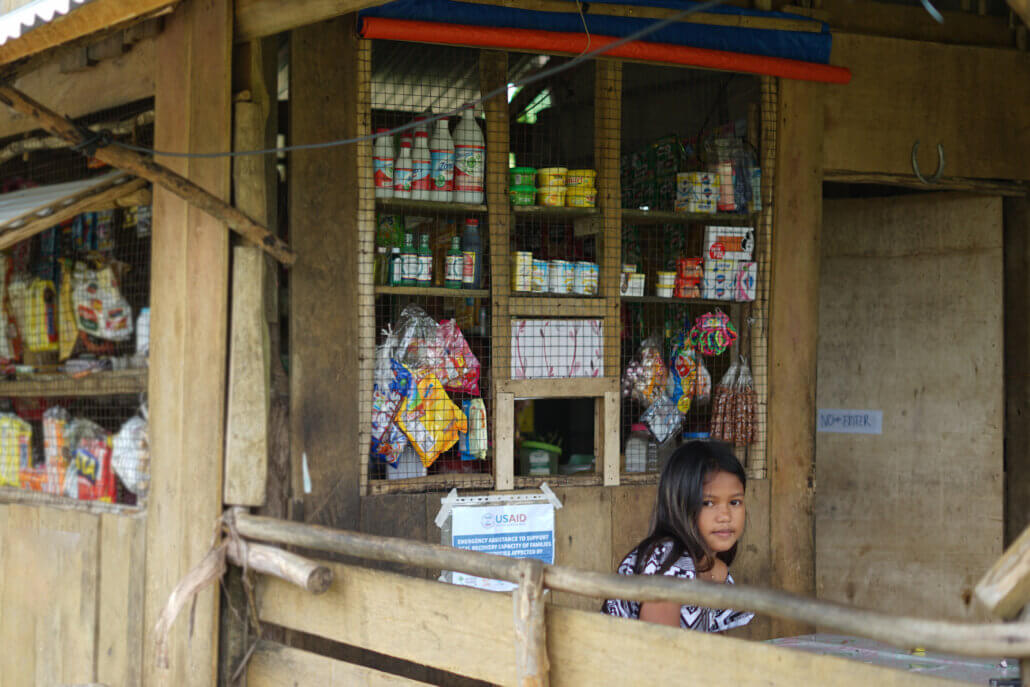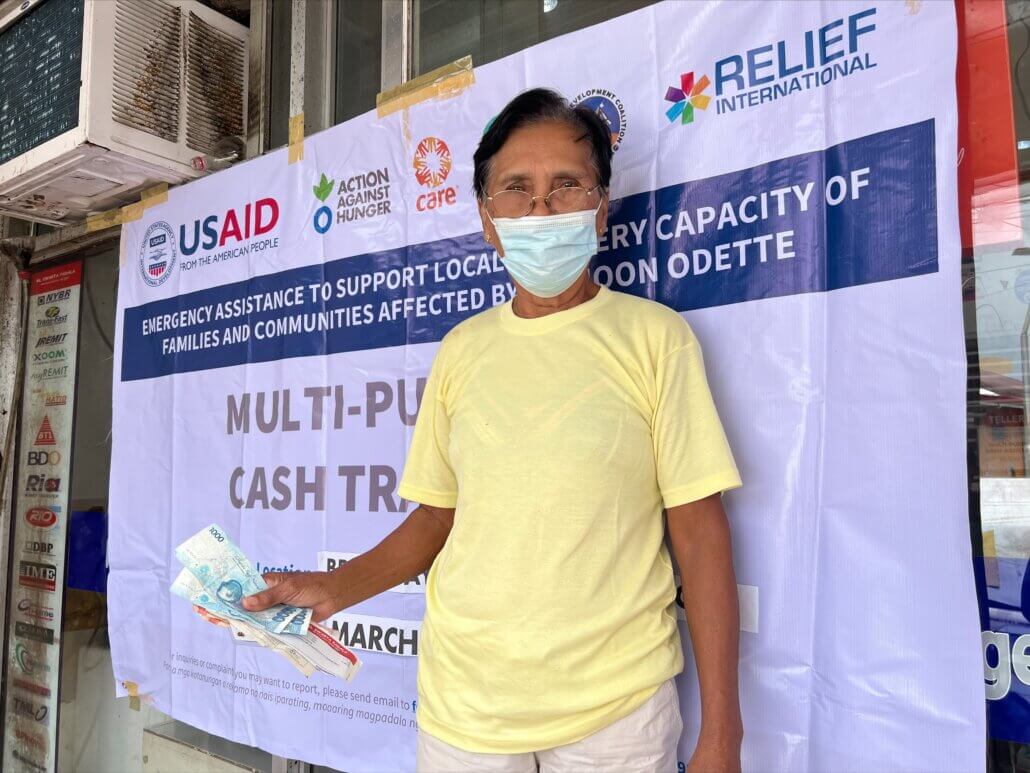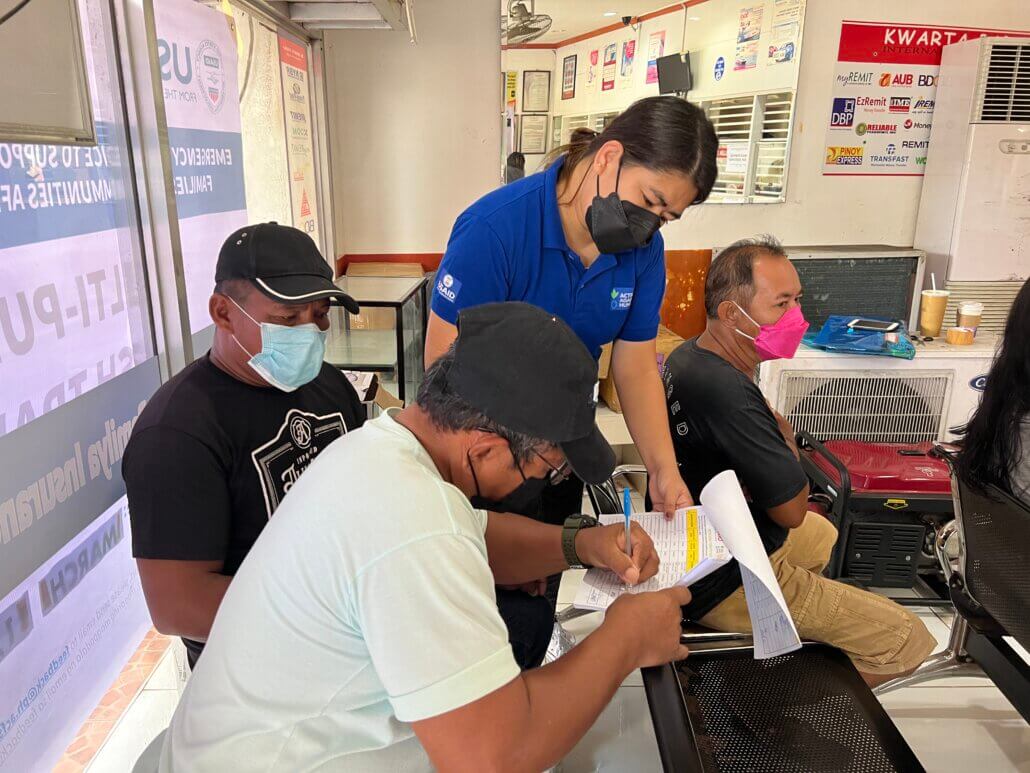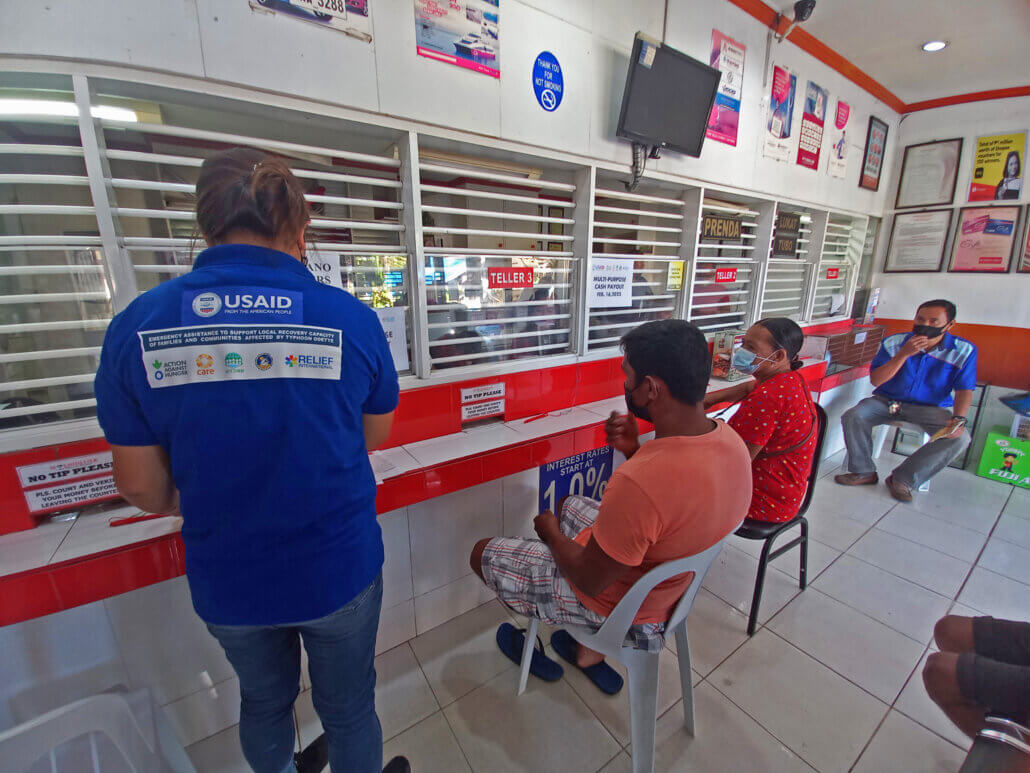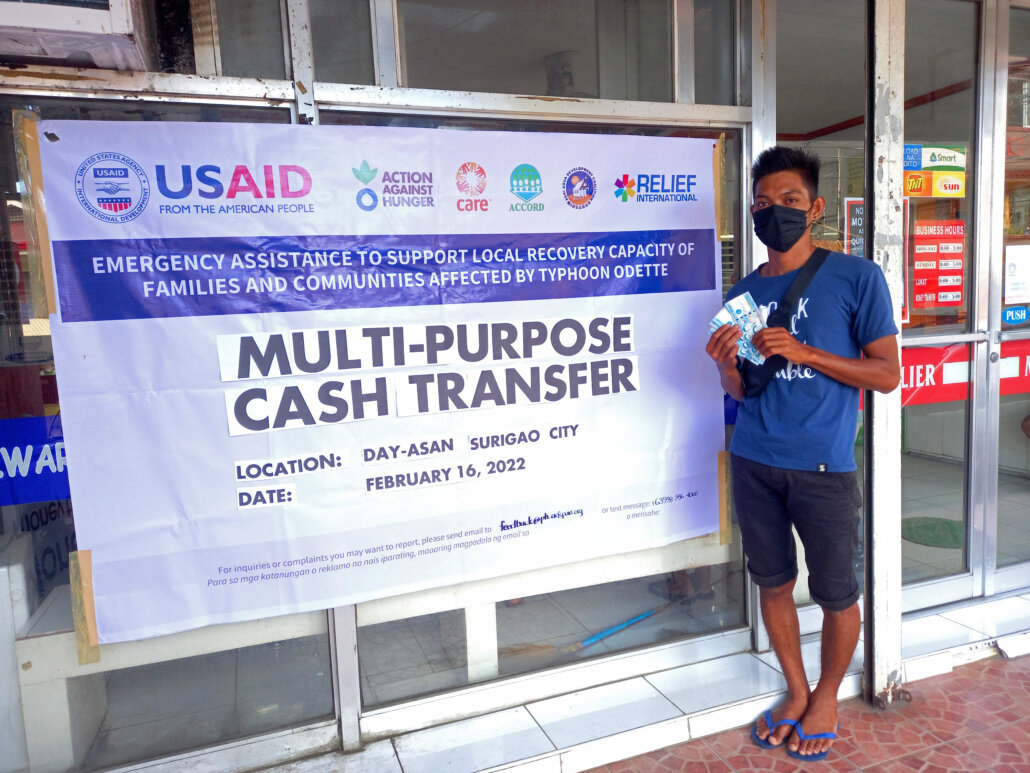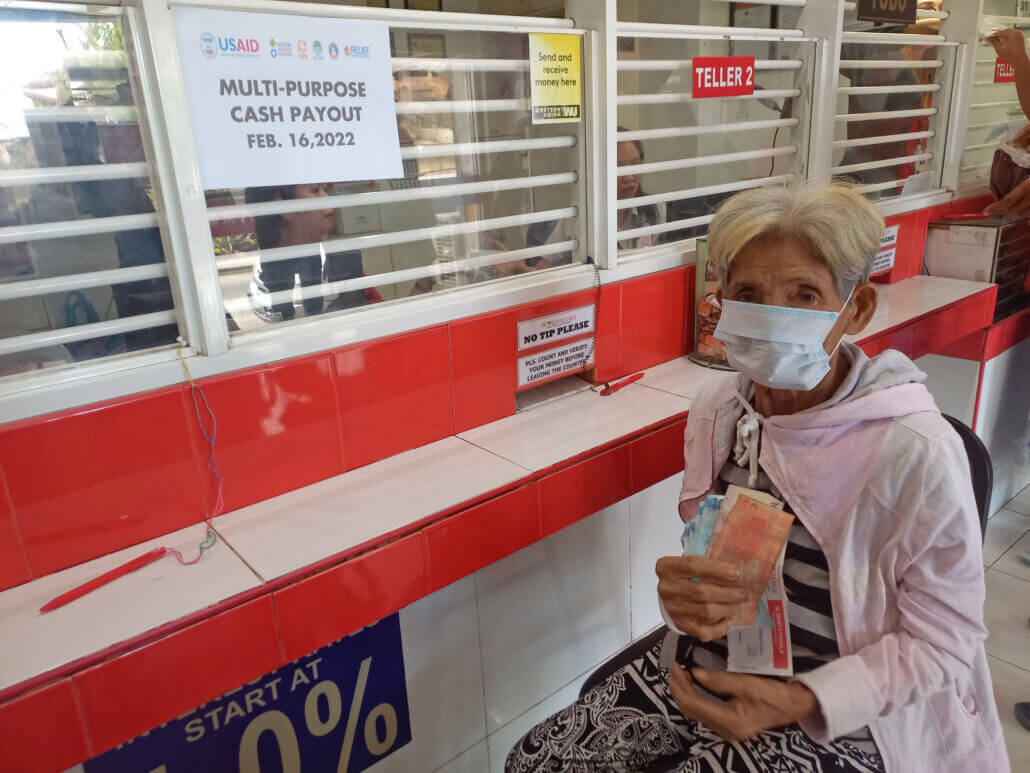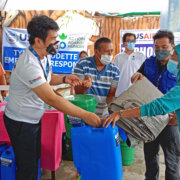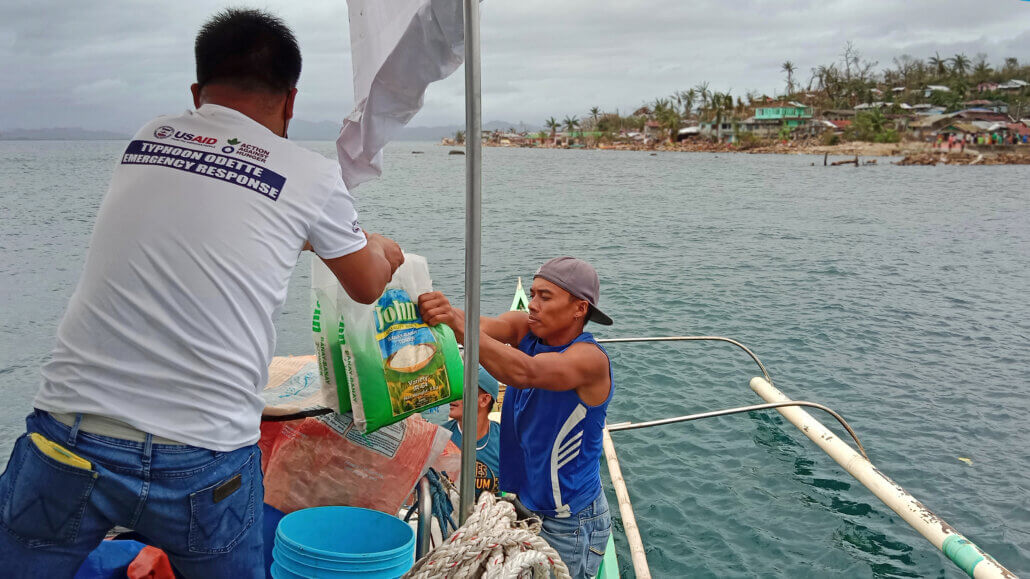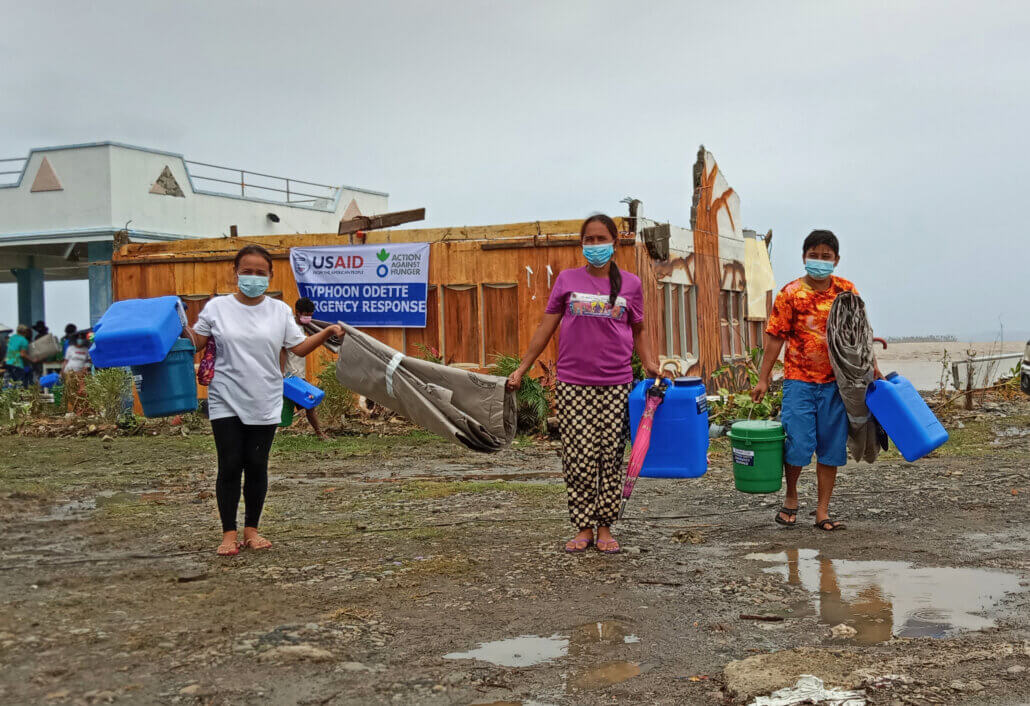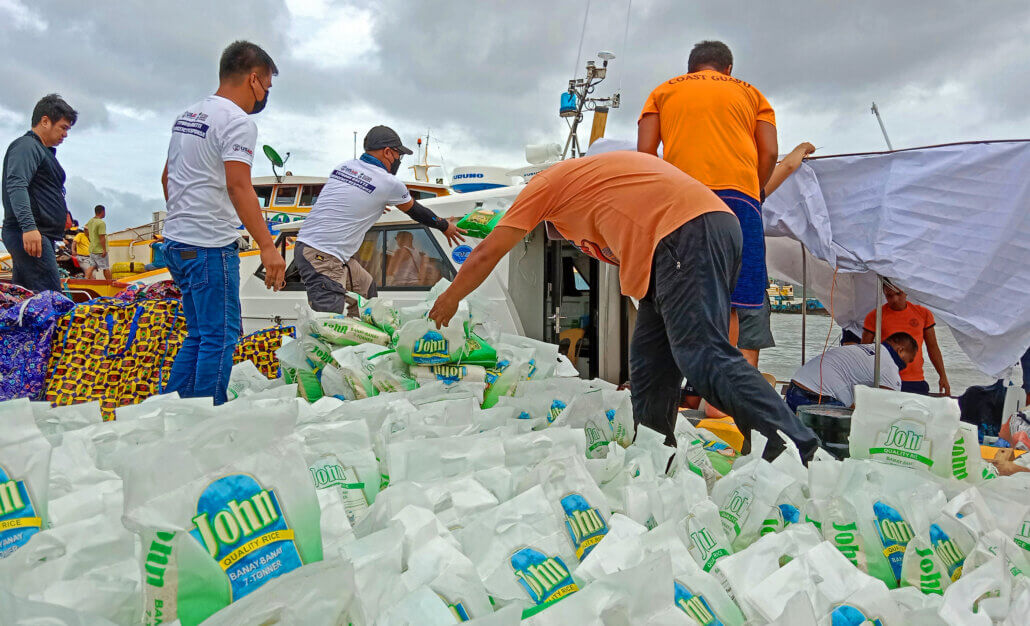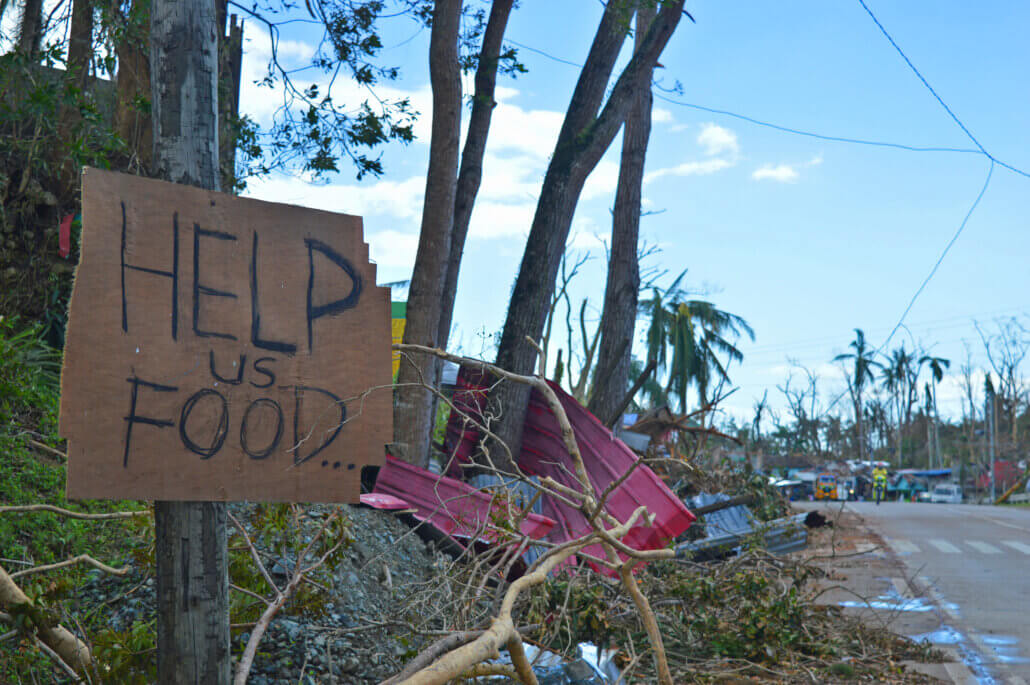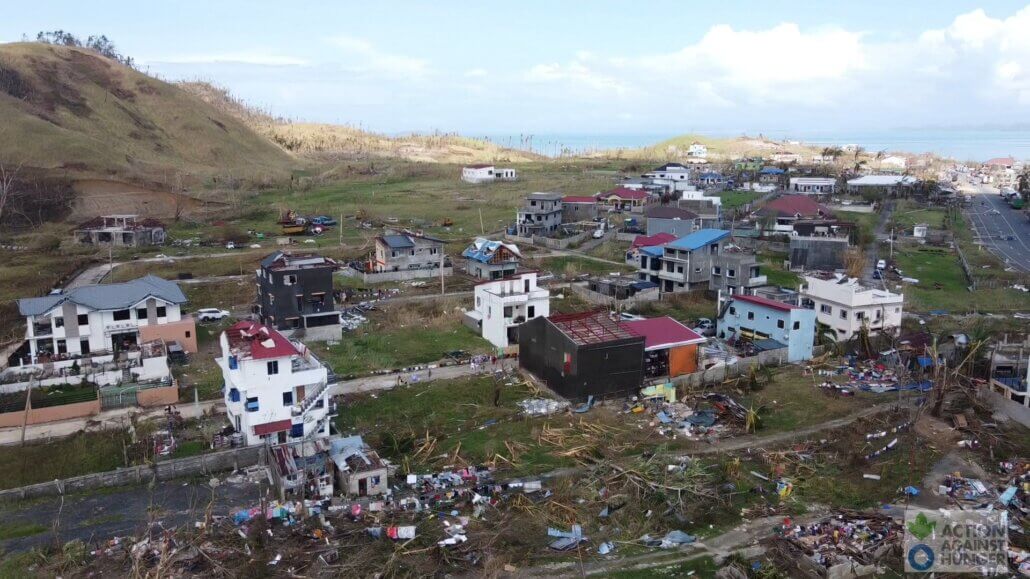Responding to the Mindanao Flooding Crisis
As Mindanao grapples with the aftermath of devastating flooding and landslides, Action Against Hunger is mobilizing to respond to the urgent needs of affected communities. The recent onslaught of heavy rains, warned by the Philippine Atmospheric, Geophysical and Astronomical Services Administration (PAGASA) on January 18, 2024, has left a trail of destruction in its wake, particularly in Agusan del Sur, Davao de Oro, Davao Del Norte, and Davao Oriental, affecting nearly 1.1 million people and displacing 354,000 individuals.
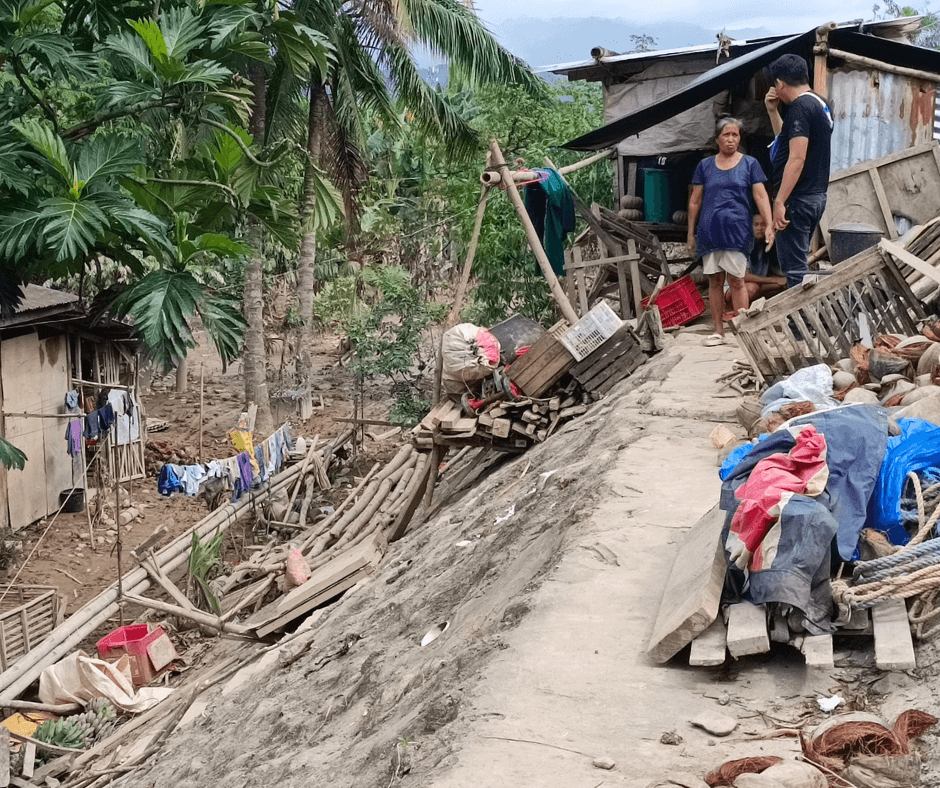
In Davao De Oro (DDO), a tragic landslide incident buried vehicles and resulted in injuries, compounding the challenges faced by already vulnerable populations. Homes, agriculture, and infrastructure were severely damaged across the region. Despite efforts from the national government and humanitarian organizations, including the Department of Social Welfare and Development (DSWD) providing essential aid, the scale of the disaster requires additional resources and support with some provinces expressing the need for assistance to complement their response efforts.
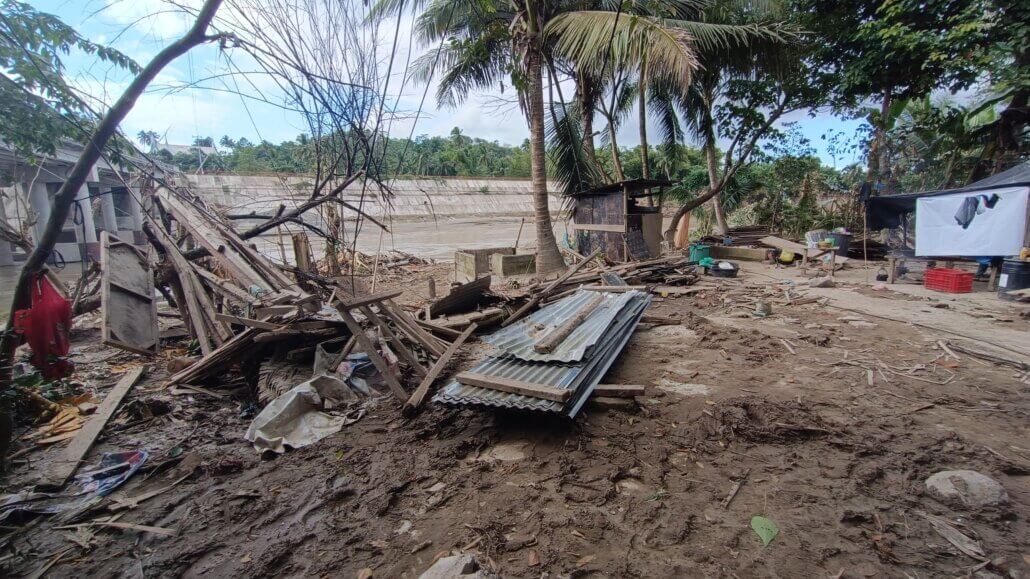
Action Against Hunger has been on the ground since February 8 to identify the immediate humanitarian needs of those affected. Our Mission Emergency Response team has been coordinating with local authorities and partners to address the immediate needs of communities in distress. We have established contacts and partnerships in the affected provinces, enabling us to respond effectively and efficiently. As assessments continue and the need for assistance grows, Action Against Hunger is gearing up to provide vital relief to those affected.
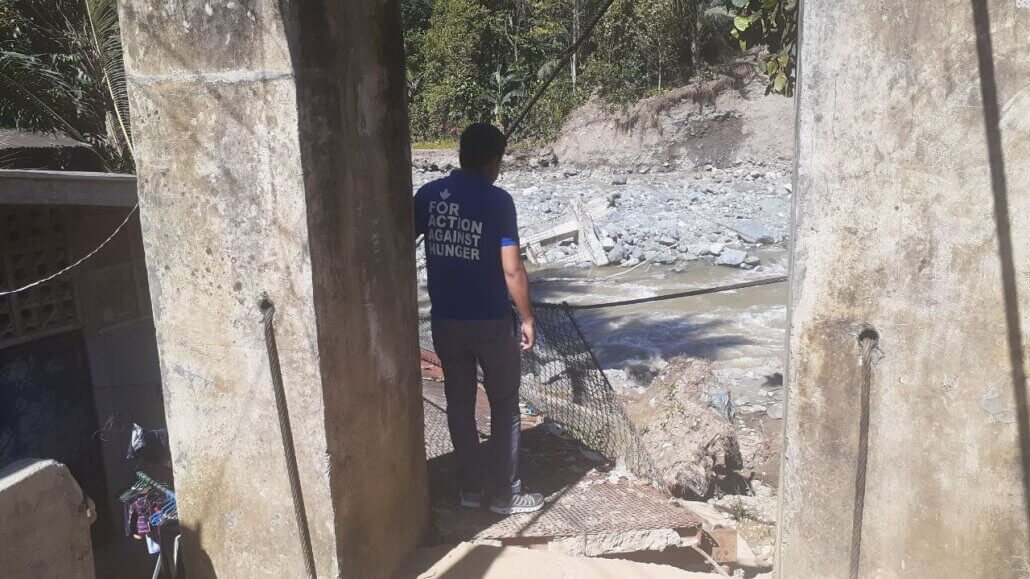
Identified needs include food assistance, water, sanitation, shelter, healthcare, agricultural support, and fuel for cooking. Action Against Hunger is committed to addressing these needs comprehensively, focusing on the most vulnerable populations in evacuation centers and host communities. Our response will encompass a range of interventions, including food distribution, and water, sanitation & hygiene (WASH) initiatives.
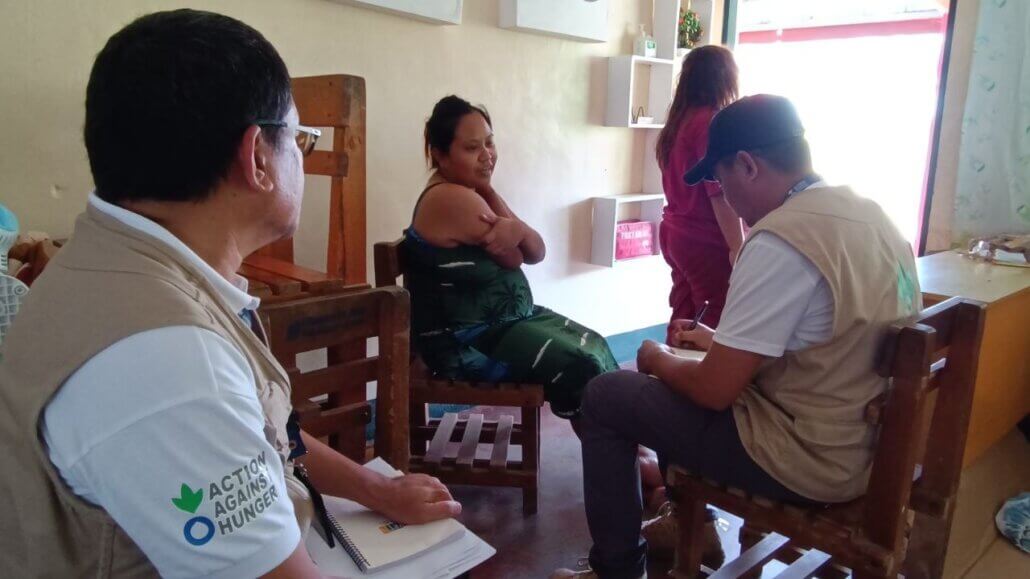
One of the displaced families, Donabelle, shared her harrowing experience of the disaster. Pregnant and with her husband unable to work as a carpenter due to displacement, she faces an uncertain future in the evacuation center. The fear and uncertainty surrounding their situation are palpable, underscoring the urgent need for support and assistance.
Action Against Hunger’s next steps involve a targeted and coordinated response, prioritizing the most pressing needs of affected communities. With our teams mobilized and resources at the ready, we are poised to make a meaningful difference in the lives of those impacted by this tragedy.
With the support of the American people through the USAID’s Bureau for Humanitarian Assistance, Action Against Hunger is initiating an emergency response to support flood-affected communities in the Davao Region. We will be providing immediate humanitarian aid in water, sanitation, & hygiene (WASH) in the next few days.
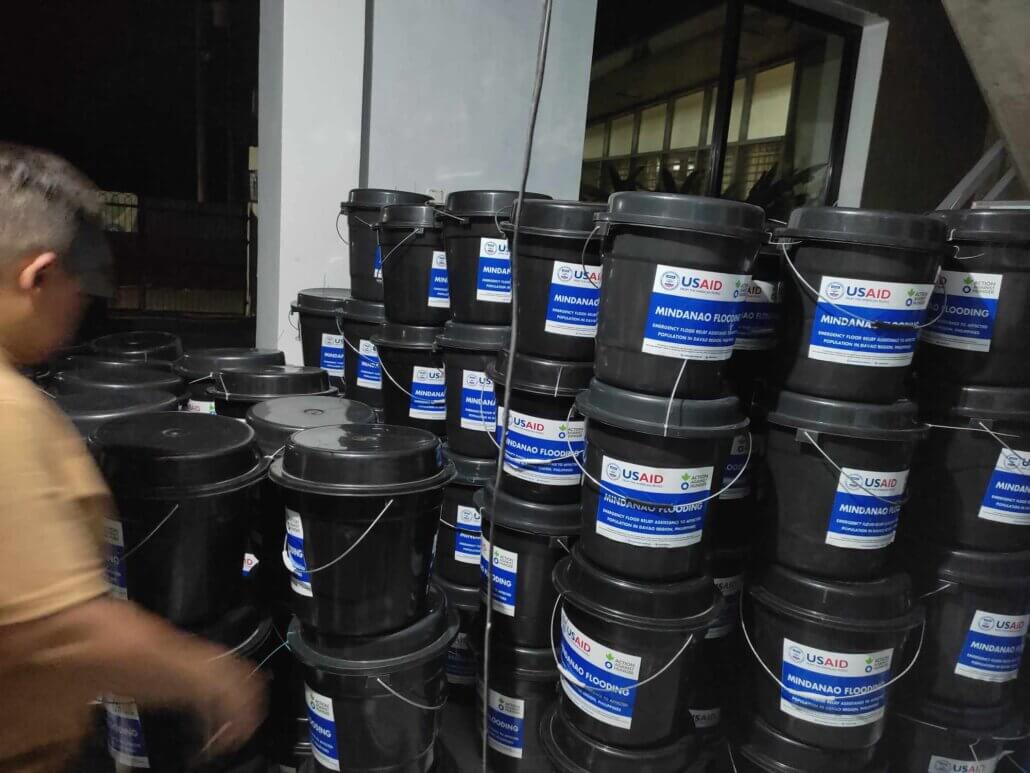
Our focus includes distributing emergency WASH kits, and multi-purpose cash assistance to support at least 7,500 people through this emergency response. We stand ready to provide hope and assistance to those in need during this challenging time.


